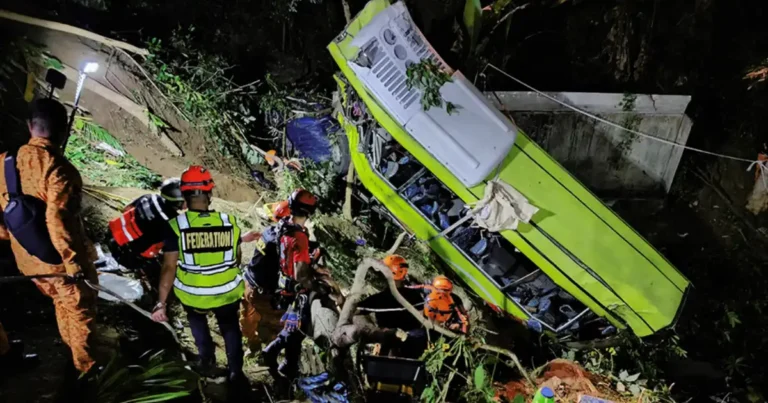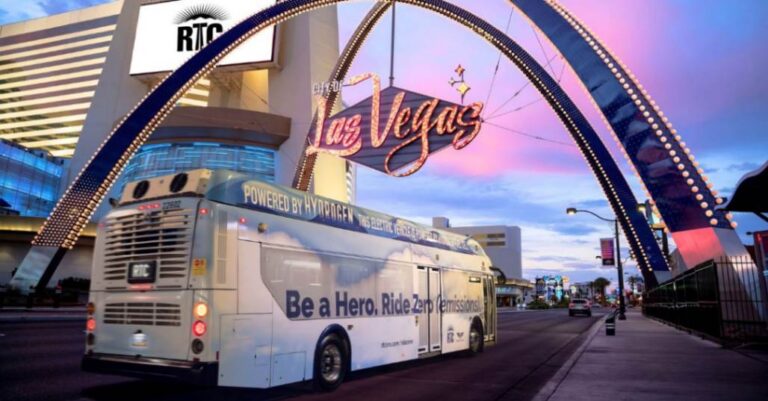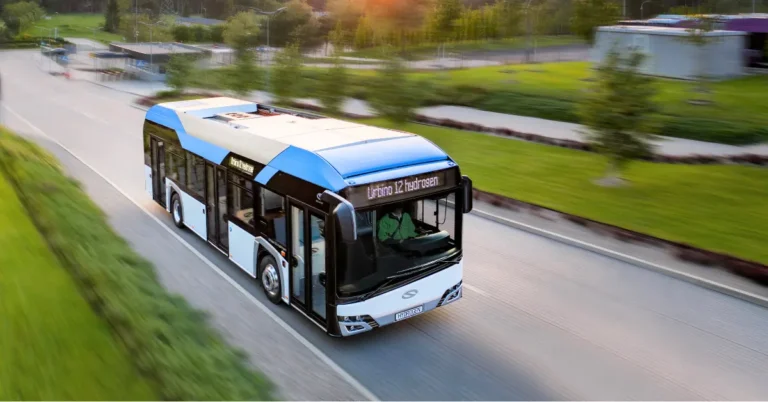Volvo 8900 Electric Bus Launched on the Latest BZR Electric Chassis Platform
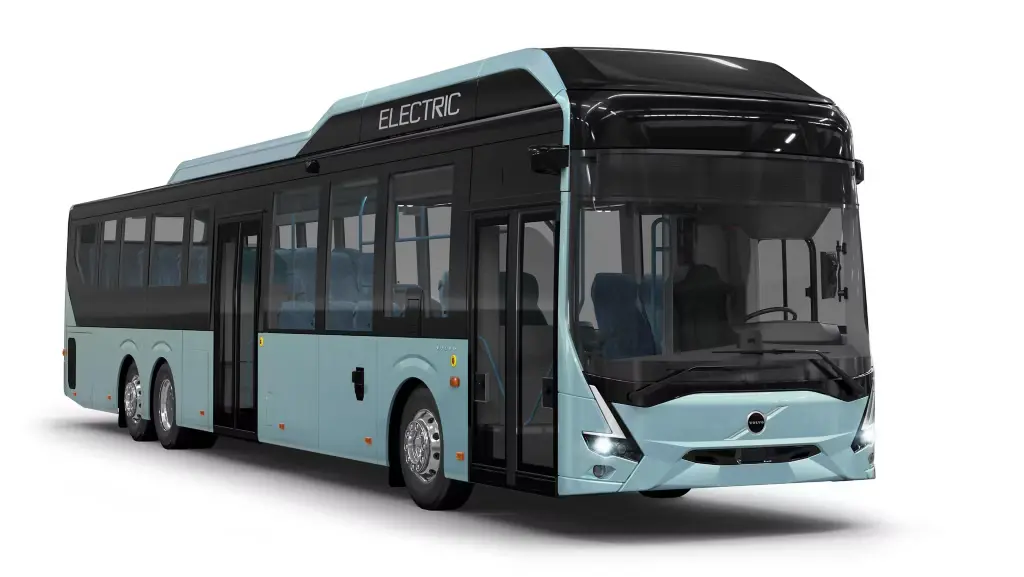
Volvo Buses has introduced the Volvo 8900 Electric, a state-of-the-art intercity bus designed for city, intercity, and commuter operations.
Available in two and three-axle configurations, the Volvo 8900 Electric comes in lengths of 12,296 mm and 14,896 mm respectively.
With a maximum capacity of up to 110 passengers on the longest version, including seating for up to 57 passengers, the Volvo 8900 Electric offers unparalleled comfort and efficiency.
Even on the 12-meter variant, the bus can accommodate up to 88 passengers, with seating for 43 individuals.
The first models of the Volvo 8900 Electric are slated to hit “selected European markets” in 2025, as confirmed by Volvo Buses.
These buses have been built on the innovative Volvo BZR Electric chassis platform, which utilizes a Volvo Group’s common e-mobility architecture.
MCV (Manufacturing Commercial Vehicles), the largest bus manufacturer in the Middle East and Africa, will manufacture the Volvo 8900 Electric bus body.
Volvo BZR Electric Chassis Platform
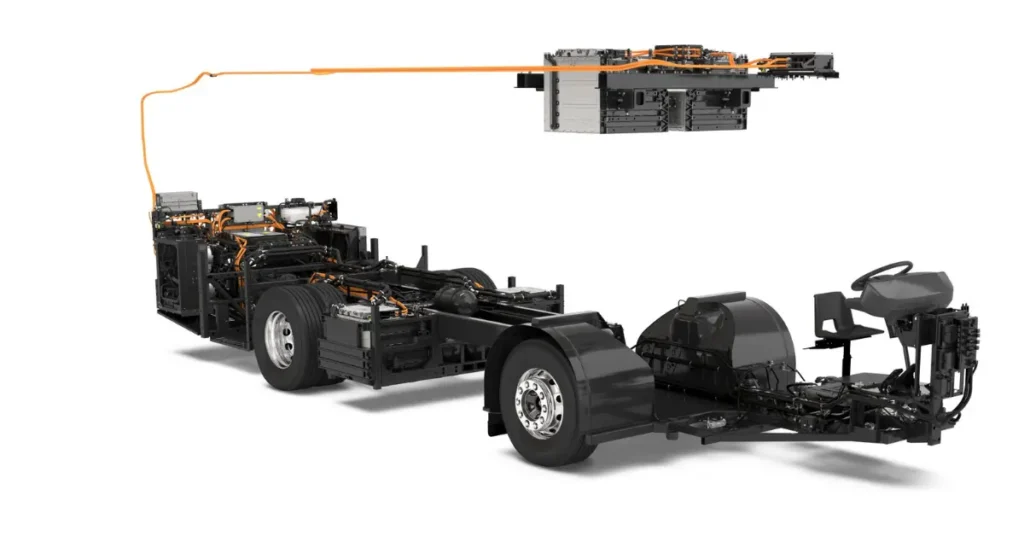
Volvo Buses has unveiled its groundbreaking BZR electric bus platform, designed for Low Entry and High Floor applications, including coach configurations.
Featuring batteries similar to those mounted on Volvo electric trucks, the platform accommodates lengths ranging from 9.5 to 15 meters, with a maximum weight of 27,000 kg and traction power of up to 400 kW or 540 hp.
The modular battery arrangement, with capacities of up to 540 kWh, makes the Volvo BZR Electric suitable for a wide range of applications, including extended city and intercity operations.
Offering unparalleled flexibility, the platform can be configured from Low Entry to High Floor setups, with options for two or three axles and various battery configurations.
Volvo 8900 Electric Driveline Specifications
Equipped with one or two motors, the Volvo 8900 Electric delivers a traction power of up to 400 kW or 540 hp, complemented by a modular battery arrangement of up to 540 kWh (450 kWh for the 12-meter version).
This bus joins Volvo’s existing low-floor platform, which is already operational in 25 countries worldwide.
The Volvo 8900 Electric also boasts advanced features such as a multi-function steering wheel and a dynamic instrument cluster, providing drivers with superior visibility and control over critical information.
Cutting-Edge Safety Systems
Incorporating Volvo Buses‘ comprehensive suite of active safety systems, the Volvo 8900 Electric prioritizes the protection of vulnerable road users, including cyclists and pedestrians.
The collision warning system surpasses EU regulations and legal requirements in many countries, ensuring unmatched safety on the road.
Volvo’s Bus Body Building Partners

In March 2023, Volvo Buses announced its decision to discontinue the production of complete buses across Europe – both urban and coach models.
Following this announcement, the company has tied up with reputed bus body builders for the production of Volvo bus bodies.
In September 2023, Volvo signed an agreement with MCV, to make city, intercity, and electric buses in Egypt for export to Europe.
Volvo also signed up Spain-based Sunsundegui to build Volvo 9700 and Volvo 9900 bodies under license in October 2023.
The first fleet of Volvo electric buses featuring MCV bodies is set to be delivered to DEMY SCHANDELER by spring 2025.
Check out the complete specifications of the Volvo 8900 Electric bus.
FAQs
When will the Volvo 8900 Electric hit the roads?
The Volvo 8900 Electric bus is expected to be released in “selected European markets” by 2025.
Who builds the body for Volvo buses?
After March 2023, Volvo bus bodies will be built by Egypt-based MCV (Manufacturing Commercial Vehicles) and Spain-based Sunsundegui.
While MCV will build city, intercity, and electric bus bodies for Volvo, Sunsundegui will build Volvo 9700 and Volvo 9900 bodies.
Where are Volvo buses made in India?
In India, Volvo buses are made in the Hosakote assembly plant of the Volvo Group Trucks that commenced operations in 1998.

